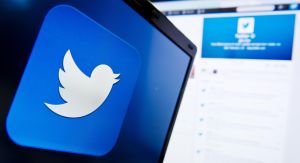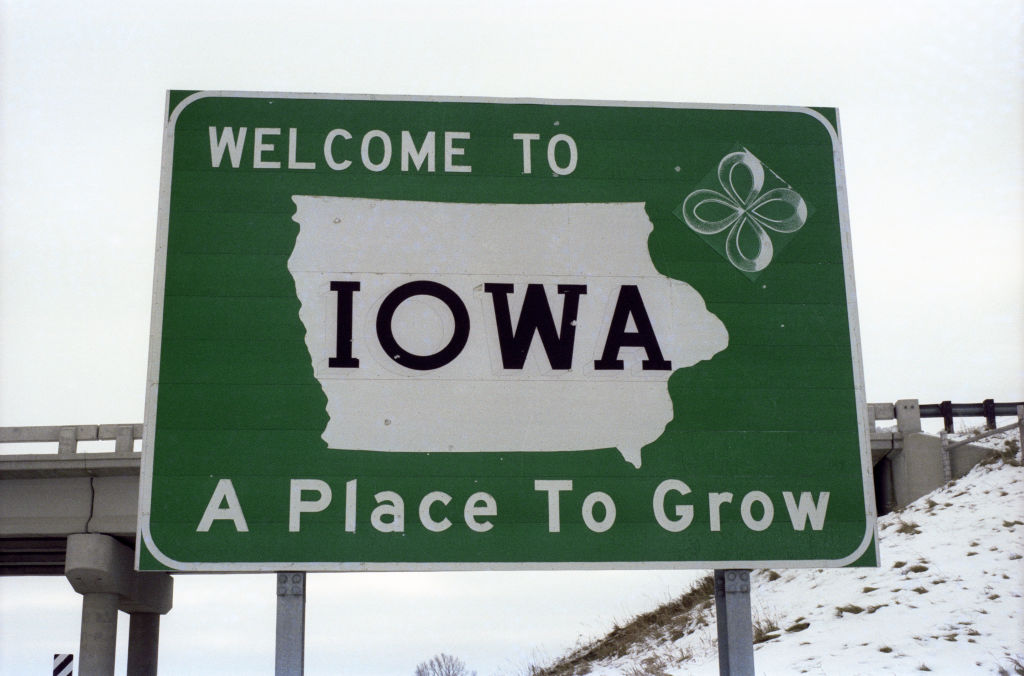
Source: LEON NEAL / Getty
Despite a pledge to usher in a new era of diversity and inclusion, social media giant Twitter employs just 49 Black people out of a U.S. workforce of 2,910, The Guardian reports.
That comes out to 1.7 percent of Twitter’s U.S. staff, the site notes. And the slim numbers seem even more bleak when contrasted with the user makeup of the site. According to data from the Pew Research Center gathered by The Guardian, only 21 percent of White people use Twitter. That’s compared to the 27 percent of Black people and 25 percent of Hispanic users.
It’s a fact not lost on Rev. Jesse Jackson, who called out the company for exploiting minorities to bring in more advertising revenue.
From The Guardian:
“I am very disappointed,” Jackson said. “Black people are greater users of the product and capable of doing the jobs, but there has not been an adequate commitment to hire, train and maintain [black people].
“Some people call it ‘Black Twitter’ because we over-index so much, but they still don’t hire more black people. We are becoming intolerant with these numbers, there’s a big gap between their talk and their implementation.”
Jackson said Twitter “should set a timetable to make their workforce look like the market place, and a commitment to make the board of directors more diverse.” He said that at the moment, Twitter is benefitting from black people’s love of its medium – which often leads to black issues trending worldwide – without paying enough back to the community. “They hire people they know, they trust and like,” Jackson said. “We’re not in that the circle.”
In recent months, ‘Black Twitter,’ a network of African-American Twitter users, has been the subject of studies to understand how the conglomerate of different users work to create powerful trending topics and campaigns that have subsequently changed the trajectory of news (and in some cases, police investigations). Between raising awareness about police brutality — specifically the deaths of Michael Brown Jr., Trayvon Martin, Freddie Gray, etc. — sustaining the Black liberation movement “Black Lives Matter,” standing in solidarity with extended communities (#BringBackOurGirls), or owning digital space with entertaining hashtags, Black users on Twitter can arguably be compared to the engine for a company that has shuttered them out of spaces inside its office walls.
Last year, Janet Van Huysse, Twitter’s vice president of diversity and inclusion, said that the company was “committed to making inclusiveness a cornerstone of our culture.” But despite the pledge, it appears the social media juggernaut has failed to build a staff that reflects the users it profits from.
That’s a practice Twitter defends, if not encourages. It’s what “multicultural strategist” Nuria Santamaria does for a living — helps advertisers target Twitter’s minority users.
“Advertisers know that multicultural consumers are over-indexing on mobile use and digital video consumption as well, so the combination of those two things is very powerful,” Santamaria wrote in a column for The Drum last week.
A spokeswoman for the company said: “Twitter has a very vibrant and demographic user base and as a company, we help advertisers connect with their target market, whether it be moms, millennials, teens, the multicultural population, or any other demographic.”
For now, the company is still pledging to make diversity a priority. But given the news comes on the heels of another social media giant’s foul play (Facebook only hired seven African-Americans in the latest count) it seems the industry has a huge problem with inclusion in general.
After all, race is just part of the issue; Twitter’s gender diversity is shockingly disparate given that 70 percent of its workforce is male.
Looks like it’s time for social media to step into 2015.
EDITORS NOTE: Twitter’s Senior Communications Associate Natalie Miyake confirmed with NewsOne that the numbers reflected in this post are from a 2014 report. Diversity numbers for 2015 are expected later this year.
SOURCE: The Guardian | PHOTO CREDIT: Getty
SEE ALSO:
Facebook Stalls On Diversity, Only Hires 7 African Americans In Latest Count
4 Big Things Google Is Doing To Improve Diversity In Silicon Valley























